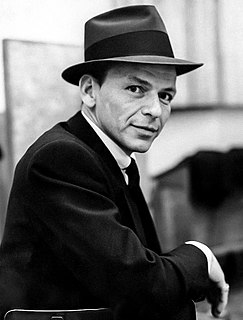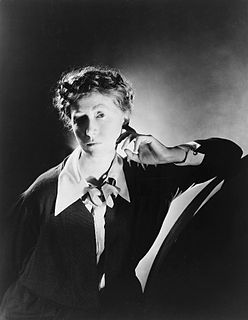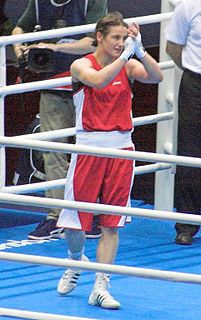A Quote by Andrew Weil
As an undergraduate at Harvard in the 1960s, I was fascinated by my visits to psychologist B.F. Skinner's laboratory.
Quote Topics
Related Quotes
I believe that a core problem with undergraduate education, especially at research universities like Harvard, Stanford, NYU, etc, is that most teaching is done by PhDs, who by temperament, training, interests, and rewards are researchers first. So they spend most of their time and energy probing a snip of a field's cutting edge. In my view, the attributes needed to be a transformative undergraduate instructor are pretty orthogonal to that. It would seem that undergraduate education would be superior if there was a separate track for teaching faculty.
If you take a look at places like Harvard, it's striking. In the early ,50s, I think there were a handful of Jewish professors, three or four. But by the 1960s, there were Jewish deans and administrators. In fact, one of the reasons why MIT became a great university was because they admitted Jews whereas Harvard did not.
Humor, a good sense of it, is to Americans what manhood is to Spaniards, and we will go to great lengths to prove it. Experiments with laboratory rats have shown that, if one psychologist in the room laughs at something a rat does, all of the other psychologists will laugh equally. Nobody wants to be left holding the joke.




































